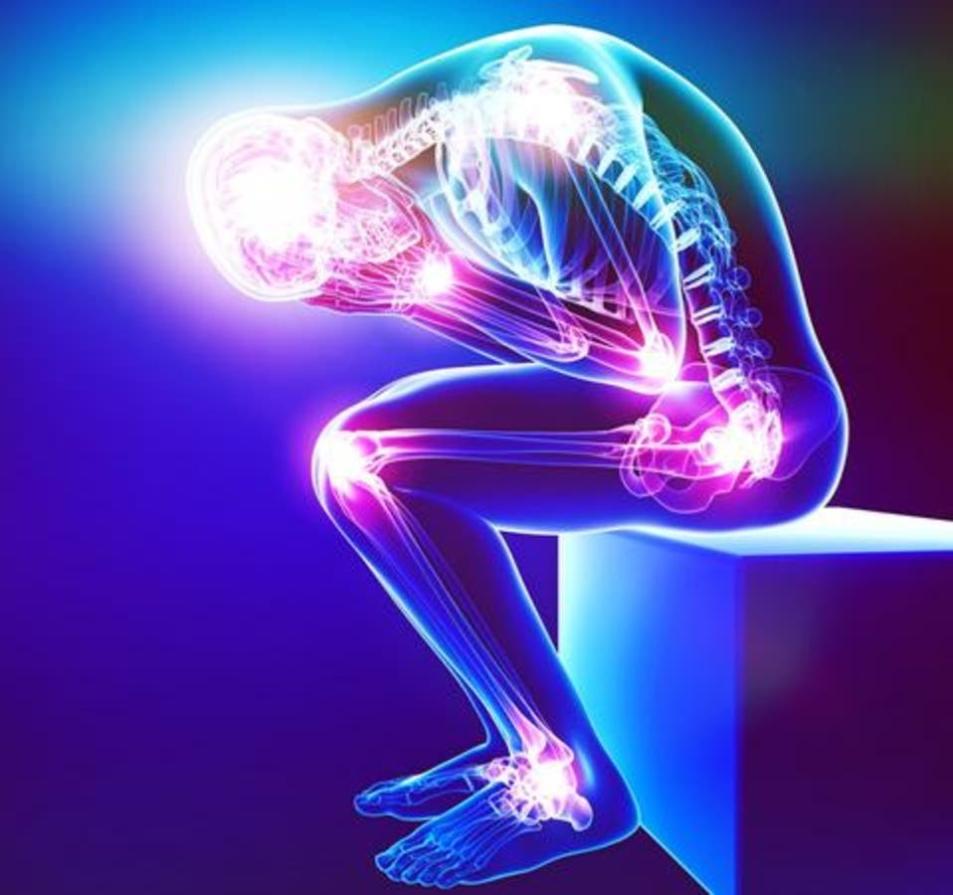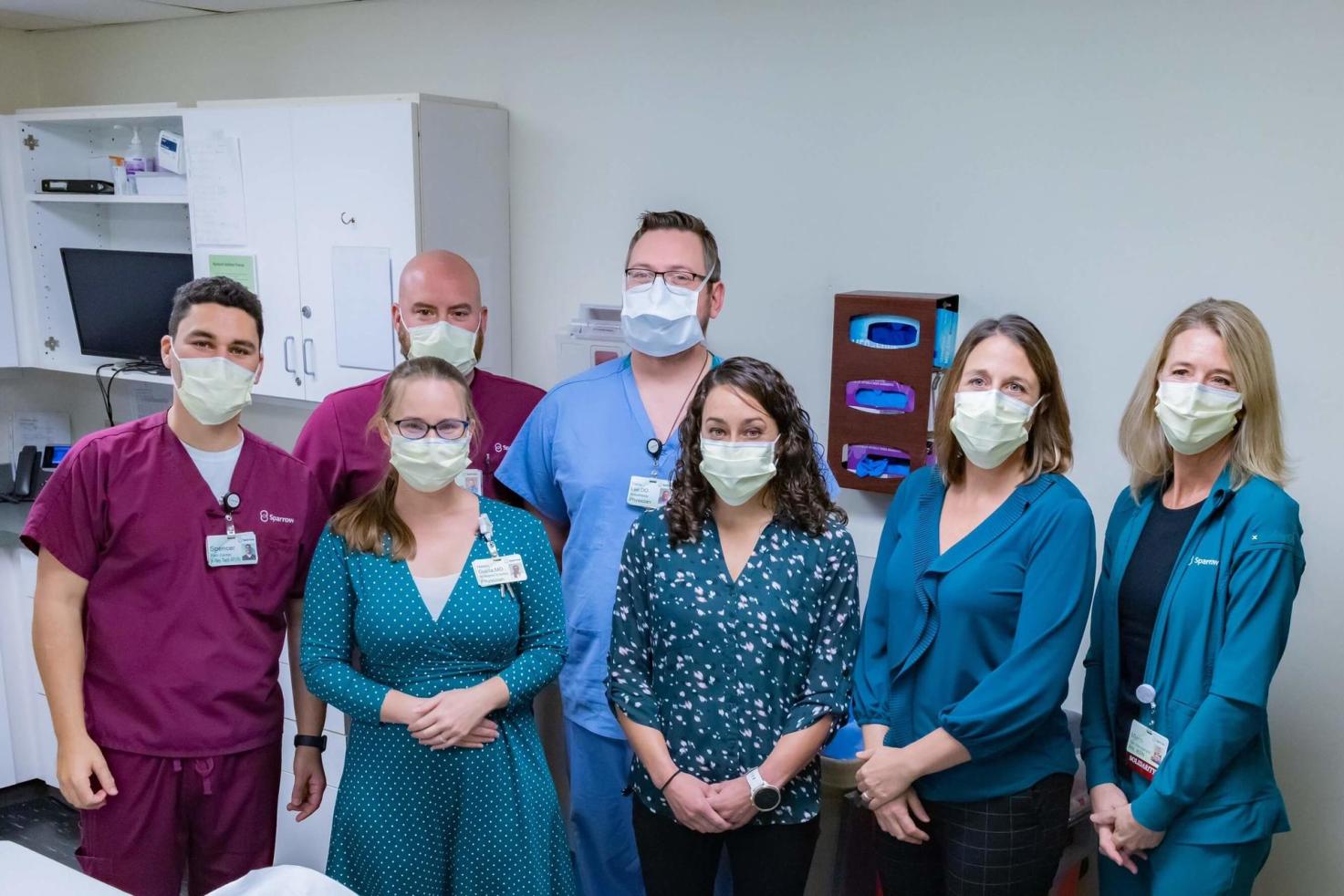How Can I Ensure That I Receive the Best Possible Pain Management Care in a Medical Rehab Facility?
Pain is a common and often debilitating symptom experienced by individuals undergoing medical rehabilitation. Effective pain management is crucial for improving patient outcomes, promoting recovery, and enhancing overall quality of life. This article aims to guide individuals in ensuring they receive the best possible pain management care in a medical rehab facility.

Understanding Pain Management In Medical Rehab Facilities:
Pain management in a medical rehab setting focuses on alleviating or reducing pain to facilitate rehabilitation and improve functional outcomes. Common types of pain experienced by individuals in medical rehab facilities include:
- Post-surgical pain
- Chronic pain conditions, such as arthritis or fibromyalgia
- Neuropathic pain, resulting from nerve damage
- Acute pain from injuries or trauma
The goals of pain management in a medical rehab setting include:
- Reducing pain intensity and severity
- Improving mobility and functional abilities
- Enhancing participation in rehabilitation activities
- Promoting overall well-being and quality of life
Key Factors To Consider For Optimal Pain Management Care:
To ensure optimal pain management care in a medical rehab facility, several key factors should be considered:
Comprehensive Assessment:
- A thorough assessment of pain is essential to develop an effective treatment plan.
- Elements typically included in a comprehensive pain assessment include:
- Pain location, intensity, and duration
- Impact of pain on daily activities and sleep
- Medical history, including current medications and allergies
- Psychological and emotional factors influencing pain
Individualized Treatment Plan:
- A personalized treatment plan tailored to the individual's specific needs and pain condition is crucial.
- Components of an individualized treatment plan may include:
- Medication management, including pain relievers and adjuvant medications
- Physical therapy to improve mobility and reduce pain
- Occupational therapy to enhance functional abilities and independence
- Psychological support to address emotional and psychological aspects of pain
Effective Communication:
- Open and honest communication between the patient and healthcare team is vital for effective pain management.
- Patients should actively participate in discussions about their pain and treatment options.
- Strategies for effective communication with healthcare providers include:
- Clearly expressing pain concerns and symptoms
- Asking questions and seeking clarification about treatment options
- Providing feedback on the effectiveness of pain management strategies
Strategies For Ensuring The Best Possible Pain Management Care:

In addition to the key factors mentioned above, individuals can take proactive steps to ensure they receive the best possible pain management care in a medical rehab facility:
Selecting The Right Facility:
- Research and choose a medical rehab facility with a strong reputation for pain management.
- Consider factors such as:
- The facility's pain management protocols and guidelines
- Qualifications and experience of the healthcare team
- Patient satisfaction rates and reviews
Advocating For Your Needs:
- Be assertive in advocating for your pain management needs.
- Effectively communicate pain concerns to healthcare providers.
- Seek a second opinion if necessary.
Monitoring And Adjusting Treatment:
- Regularly monitor pain levels and treatment effectiveness.
- Actively participate in the monitoring process.
- Healthcare providers should adjust treatment plans based on monitoring results.
Additional Tips For Effective Pain Management:
- Implement relaxation techniques, such as deep breathing and meditation.
- Engage in mindfulness practices to focus on the present moment and reduce pain perception.
- Practice self-care strategies, including adequate sleep, healthy nutrition, and regular exercise.
- Seek support from family, friends, or support groups.
Receiving appropriate and effective pain management care in a medical rehab facility is essential for promoting recovery, improving functional outcomes, and enhancing overall quality of life. By understanding the key factors involved in optimal pain management, selecting the right facility, advocating for your needs, and actively participating in your care, you can ensure that you receive the best possible pain management care during your rehabilitation journey.

YesNo

Leave a Reply